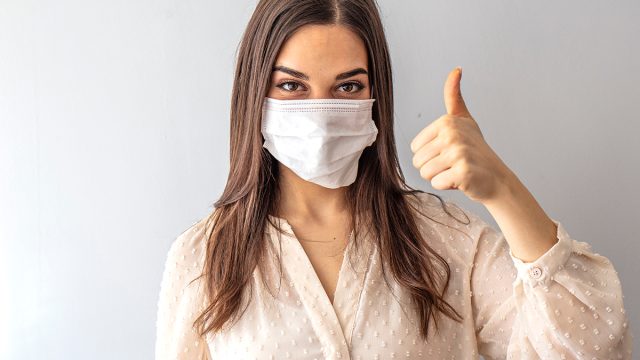
It's been over three years since the medical term "Covid-19" changed the world as we know it. While researchers have been studying the virus extensively since 2019, there are still so many questions unanswered. One of the most perplexing has always been, why some people get incredibly sick with the virus, while others don't show a single symptom. A new study published this week offers an answer.
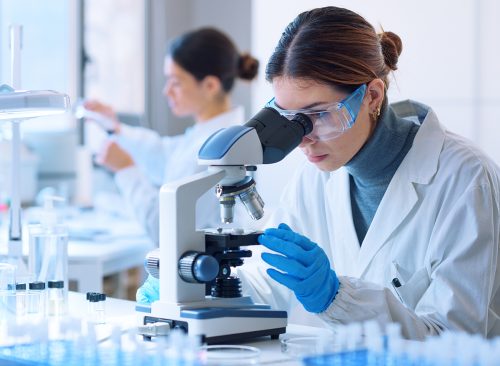
According to a study published in the journal Nature, genetics may be responsible for an individual's reaction to the virus. Scientists claim that those with a common change to genes that code for certain immune system molecules that sit on the surface of cells called human leukocyte antigens, or HLAs, were more likely to have Covid-19 without any symptoms.
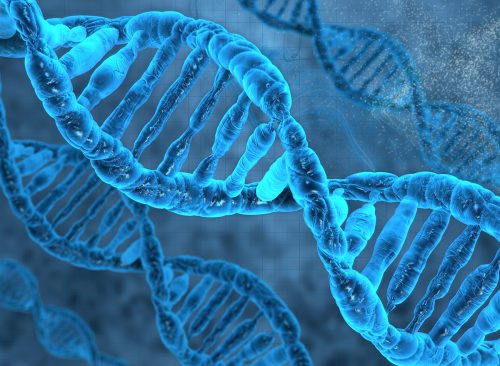
In an interview with NPR, one of the study authors, Dr. Jill Hollenbach, a professor of neurology the University of California at San Francisco's Weill Institute for Neurosciences, explained that HLAs are a "relatively common variant" HLA, and happen to be "the genes that we talk about when we talk about matching for transplants," she says. "So there's a lot of different versions of these genes. They vary from population to population. But in individuals with European ancestry, we see this particular version that we identified in our study in about 10% of people. It varies between ancestral groups."
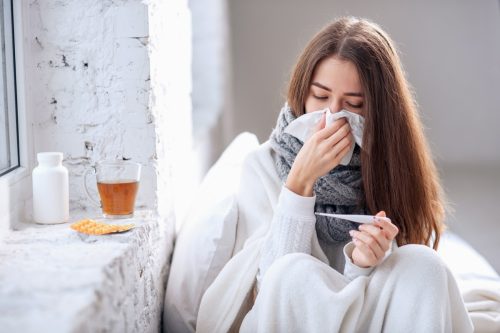
According to Dr. Hollenbach, "People are protected through some preexisting immunity that they have from prior exposure to seasonal cold viruses. So there's a lot of coronaviruses, and some of them cause what we all experience as mild seasonal colds. And some of those are – share a lot of similarities with SARS-CoV-2, the virus that causes COVID-19."
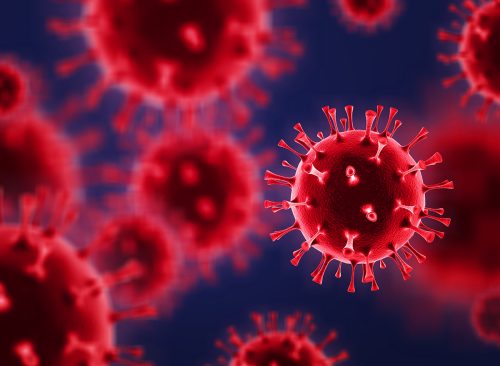
Individuals with this particular variant of HLA "form particularly good immunity towards these colds," she adds. "It's very effective at dealing with the SARS-CoV-2 virus when they encounter it. So it's kind of like having an army of immune cells that are primed and ready to attack as soon as the virus infects them."
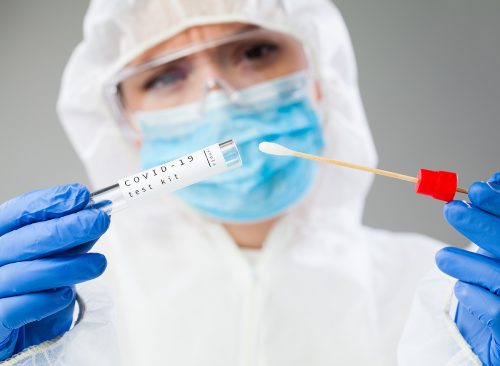
While you won't be able to determine if you have this variant unless you are a "volunteer bone marrow donor or you were being tested for some kind of medical necessity," this information will help researchers develop more accurate vaccines, she says.
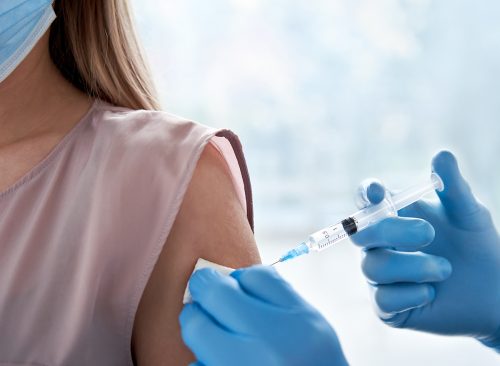
"We're hoping that this can help us to design a more precision medicine-oriented kind of approach to vaccines, and in particular, gives us an opportunity to think about whether, you know, a goal for vaccination might be absence of symptoms as opposed to the absence of infection," she said.














